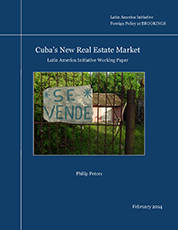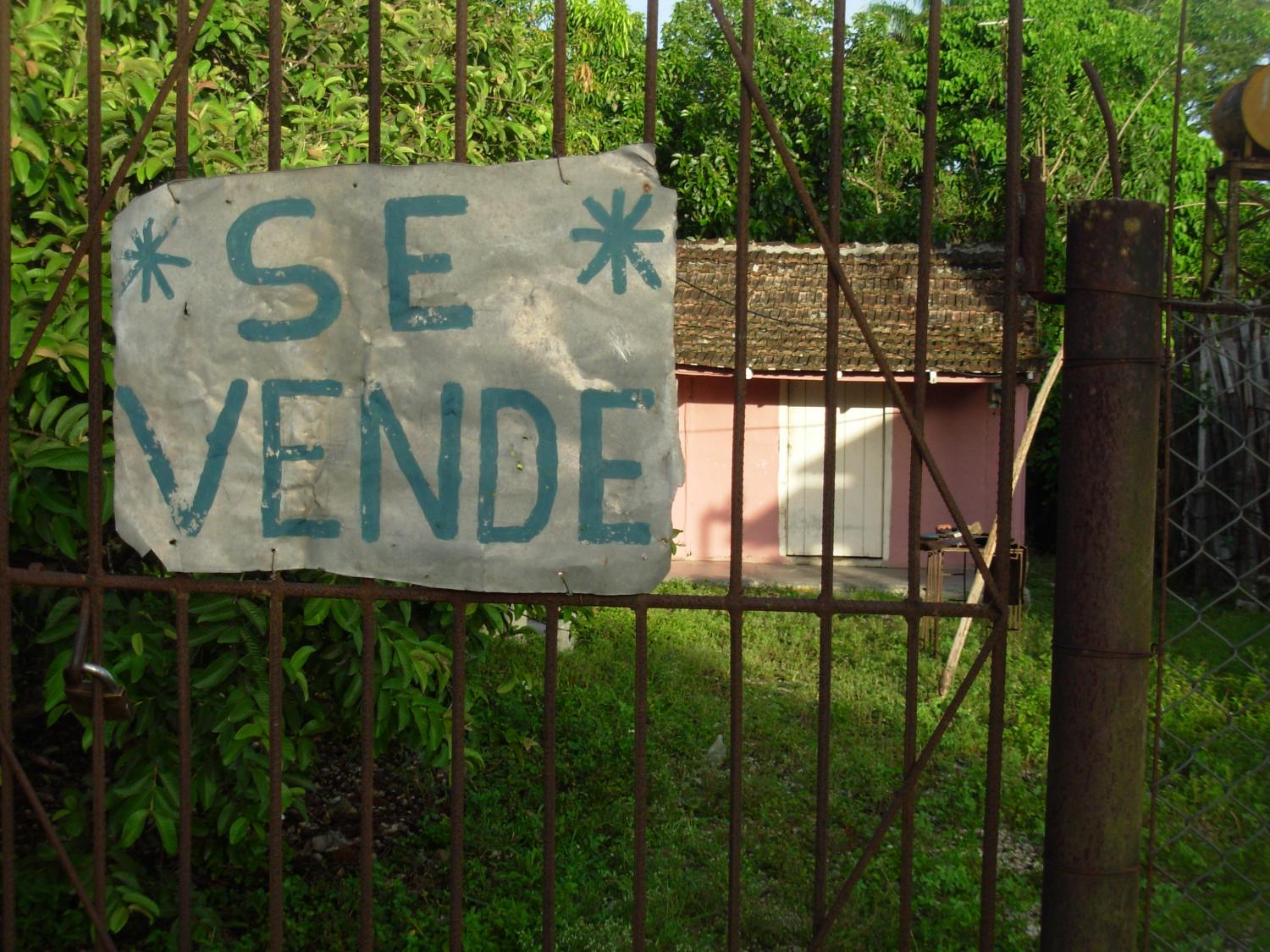 In November 2011, the Cuban government legalized residential real estate transactions as part of its ongoing economic reform process. Homes are no longer just assets to be passed on to heirs but can be made liquid, expanding economic freedom for the 84 percent of Cubans who own their own homes.
In November 2011, the Cuban government legalized residential real estate transactions as part of its ongoing economic reform process. Homes are no longer just assets to be passed on to heirs but can be made liquid, expanding economic freedom for the 84 percent of Cubans who own their own homes.
In “Cuba’s New Real Estate Market,” Phil Peters relies on interviews with market participants and government officials to examine the development of the nascent real estate market, outline its complex processes, and discuss the role of foreign nationals. He argues that the reform helps to address a critical housing shortage, advances private property rights, and repeals the requirement that emigrants forfeit their property to the government upon leaving the island.
A number of critical impediments to the expansion of the real estate market prevent the Cuban people from taking full advantage of the reform, including:
- The lack of home mortgages or other liquidity
- The inability of Cubans to use their homes as collateral for a loan
- Stalled real estate development and renovation projects
Nevertheless, by ending a prohibition on the essence of property rights – the ability to buy and sell – the real estate reform constitutes a positive human rights step and creates a new and unusual real estate market worthy of further study.
The Brookings Institution is committed to quality, independence, and impact.
We are supported by a diverse array of funders. In line with our values and policies, each Brookings publication represents the sole views of its author(s).



